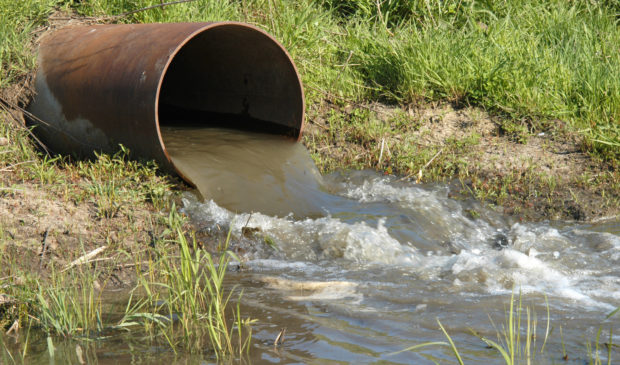State law forces environmental groups to change strategy
Tuesday, July 26, 2016 by
Cate Malek The effects of Senate Bill 709, signed into law by Gov. Greg Abbott last year, are starting to be felt.
The bill changed Texas’ contested hearing process for environmental permits. One of its main effects was to shift the burden of proof to the person or organization protesting, rather than applying for, a permit.
The law has pushed environmental groups to change their strategy when trying to contest environmental permits. One place where this is playing out is Dripping Springs, which is applying to expand its sewage treatment plant.
The application has prompted protest, including from the Barton Springs/Edwards Aquifer Conservation District, which passed a resolution in June to oppose it. The BSEACD board passed the resolution before the state environmental agency, the Texas Commission on Environmental Quality, had a chance to approve the application.
The BSCEAD board moved forward with the resolution even though the city of Dripping Springs’ application offered limited information and the draft permit was not yet publicly available. But the board was concerned that it would lose the chance to make its concerns known if it did not act at that point in the process.
“The hope is that rather than protesting the permit and requesting a contested case hearing that we would let our concerns be known in advance,” said John Dupnik, general manager of the BSCEAD.
The BSCEAD was not alone in commenting on the application. At a board meeting on July 21, staff members said the TCEQ had already received over 500 comments on the application.
This is the first time the BSCEAD has attempted to make its concerns known at the application stage, and staff members said this strategy was new for them. The district also met directly with the city of Dripping Springs last week in order to discuss its concerns.
“If we want to have influence over what happens, now is the time to act,” said Board Member Craig Smith. “The burden is on us, and we’re playing catch-up.”
The Austin Monitor’s work is made possible by donations from the community. Though our reporting covers donors from time to time, we are careful to keep business and editorial efforts separate while maintaining transparency. A complete list of donors is available here, and our code of ethics is explained here.
You're a community leader
And we’re honored you look to us for serious, in-depth news. You know a strong community needs local and dedicated watchdog reporting. We’re here for you and that won’t change. Now will you take the powerful next step and support our nonprofit news organization?






